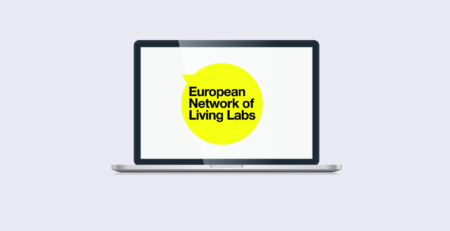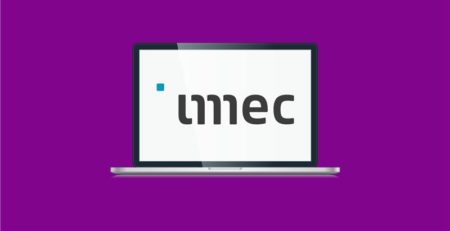Meet our partner: KU Leuven Centre for IT and IP Law (CiTiP)
Emircan Karabuga, Legal Researcher at KU Leuven Centre for IT and IP Law (CiTiP).
The Centre for IT & IP Law is a research center at the Faculty of Law and Criminology of the University of Leuven (KU Leuven), with currently a staff of over 85 researchers specialized in legal and ethical aspects of IT innovation and intellectual property.
Which is specifically your role in the Möbius project?
As part of the Möbius project, our role at KU Leuven, specifically within Task 3.4, is to analyze and apply the intellectual property (IP) framework to prosumer business models. This involves a comprehensive examination of IP liability, ownership, and exploitation in the context of these models, particularly focusing on their relevance to the publishing industry.
The Möbius project wants to revisit the traditional value chains and business models of the book industry in Europe and contribute to a renewed and invigorated European publishing sector by providing them with methods and tools to leverage the potential of prosumers in innovation processes. What do you think about the prosumer business models as far as you are the leader of the Application of IP framework to prosumer business models task?
The concept of prosumer business models is innovative and has significant potential to revitalize the European publishing sector. By integrating prosumers into the creation and distribution of content, these models can lead to more diverse and creative literary works. Our role, focusing on the application of the IP framework, is crucial in ensuring that these models operate within the legal boundaries of copyright law, ensuring fair rights and responsibilities for all parties involved.
How do you think that the digitalization of the publishing sector could influence the Information Society?
Digitalization in the publishing sector is a transformative force for the Information Society. It democratizes access to information and knowledge, allowing broader dissemination and easier access to literary works. However, it also raises critical legal questions regarding copyright which are vital areas of our research and analysis.
In a nutshell: what is the juridical approach that the Möbius initiative has, and which is your role in it?
The Möbius initiative adopts a juridical approach that is focused on aligning new business models with the existing legal framework, primarily copyright law. Our role is to provide clarity and guidance on how these new models can legally operate, addressing issues of copyright ownership, liability, and exploitation. This legal perspective is essential for ensuring that innovation in the publishing sector is sustainable and respects the rights of all stakeholders.
Finally, it would be much appreciated to know what you are expecting from the Möbius project.
From the Möbius project, we expect to contribute significantly to the understanding and application of IP laws in the context of evolving prosumer business models. Our goal is to help shape a framework that supports innovation while protecting the rights and contributions of authors, publishers, and prosumers. We anticipate that our findings will not only benefit the European publishing industry but also offer valuable insights for other sectors grappling with similar challenges in the digital age.












